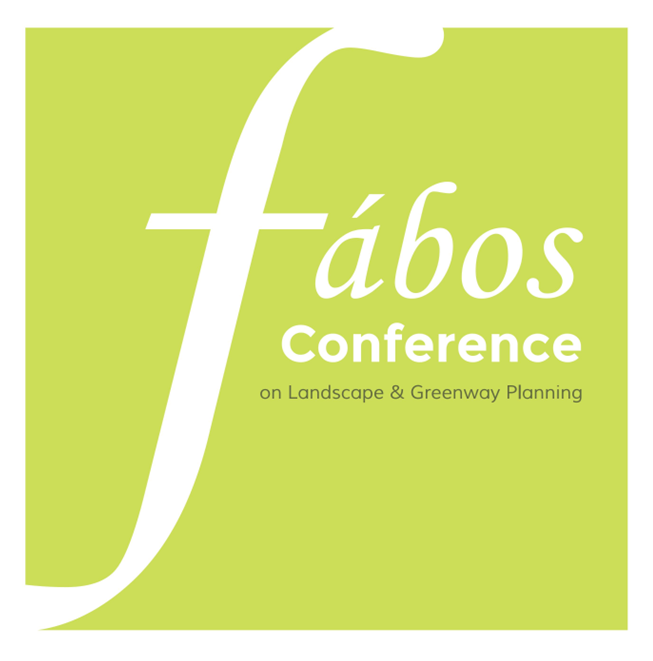Eco-Cultural Greenways: Reclaiming Post-Industrial Sites for Climate-Responsive Cities
Abstract
This paper explores eco-cultural greenways as a transformative approach to adaptive reuse of post-industrial sites along urban waterways, focusing on their potential to address climate adaptation while preserving cultural identity.
The ‘greening’ of former industrial sites is not new; such spaces can enhance urban nature, expand recreational areas, or support commercial development. However, green space conversion risks erasing history and may lead to green gentrification, displacing vulnerable populations. Eco-cultural greenways, guided by water, offer a strategy that regenerates rivers, mitigates urban heat islands, and prepares for increased precipitation and flooding.
The James River in Richmond, Virginia (USA), serves as a case study. Historically, the river supported the city's industry, recreation, and commerce, shaping its growth. While early industries fueled development, today's redevelopment often prioritizes property value over historical contamination and climate concerns. Severe flooding has led to the construction of a flood protection wall, but more adaptive, long-term approaches are required.
By connecting key post-industrial sites along the river into a cohesive eco-cultural greenway system and emphasizing the adaptation of landscapes over time, the author proposes an alternative vision for the James River in Richmond. This vision integrates these sites into a broader urban strategy that enhances the river as a unique ecological corridor. The sites are identified and categorized based on their landscape typology, informing a tailored strategy for repurposing. The approach fosters transformative riverine processes that intertwine the landscape with its inhabitants, while offering a flexible, adaptive strategy to mitigate severe flooding within Richmond’s urban area.
Ultimately, this eco-cultural greenway strategy offers a balanced response to evolving environmental and social conditions, preserving Richmond's post-industrial heritage while promoting urban resilience.
Keywords: industrial landscapes, greenways, climate adaptation, eco-cultural corridors
How to Cite:
Curulli, I., (2025) “Eco-Cultural Greenways: Reclaiming Post-Industrial Sites for Climate-Responsive Cities”, Fábos Conference on Landscape and Greenway Planning 8(1). doi: https://doi.org/10.7275/fabos.2748
Downloads:
Download Eco-Cultural Greenways: Reclaiming Post-Industrial Sites for Climate-Responsive Cities
340 Views
642 Downloads
